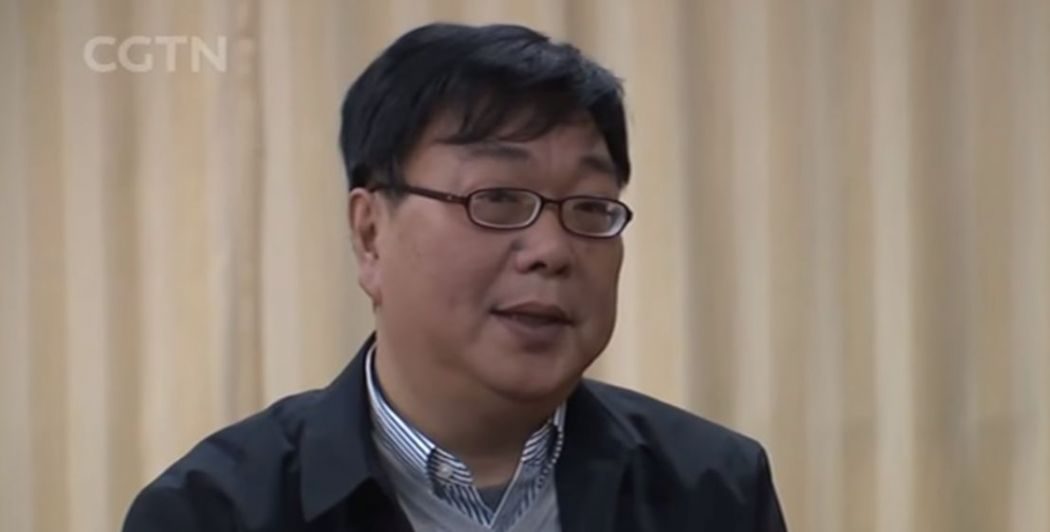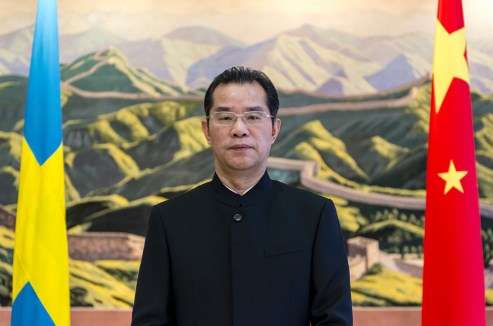Sweden’s second-largest city has ended its twin-city agreement with Shanghai, according to local media. The move comes as the Scandanavian country closed all of China’s state-run language and cultural institutes.
Sweden’s Gothenburg mayor Axel Josefson told public broadcaster Radio Sweden that there has not been much exchange between the two cities: “Exchange in the past two to three years has been minimal,” he said. “And considering the times we are in, we don’t find it suitable to extend the twin-city agreement.”

Gothenburg signed the agreement 34 years ago and, in 2003, expanded the memorandum of understanding to include exchanges in culture, economics, trade and sport.
The agreement has been renewed continuously but officially expired at the end of last year. The ruling Social Democratic Party suggested that renewal should be considered later on, though other parties proposed a complete halt to the link-up.
The municipal trade authority and port authority will be allowed to continue their relations with Shanghai and China.
Gothenburg is among many other Swedish cities that have axed their twin-city relationships with China in recent months. Linköping severed ties with China’s Guangzhou, as did Luleå and Xi’an, and Västerås with Jinan.
Linköping mayor Lars Vikinge told Swedish newspaper Dagens Samhalle in February that they were breaking all political contact with China: “This is due to the threats that the Chinese embassy has directed towards the Swedish government.”

He told the paper that a delegation from Linköping’s previous twin city Guangzhou were scheduled to visit last December but were told they were not welcome.
Also in Feburary, Västerås mayor Anders Teljeback told the Financial Times that they decided to halt their partnership: “During the last years, the repression has been much harder in China.”
Detained bookseller
Relations between Stockholm and Beijing have been strained in recent years after Chinese-born Swedish bookseller Gui Minhai was detained. He disappeared from Thailand in 2015 and was sentenced to 10 years behind bars in February for “illegally providing intelligence” to overseas parties.

PEN Sweden awarded the Tucholsky prize for his service for freedom of expression, though the Chinese Embassy in Sweden later urged the writers association to cancel the award.
Gui Congyou, Beijing’s ambassador to Sweden since August 2017, has also expressed strong criticism of Swedish media on multiple occasions.

Last November, the ambassador told Radio Sweden: “We treat our friends with fine wine, but for our enemies we have shotguns,” on the eve of Gui Minhai’s award ceremony, according to The Diplomat.
Confucius schools closed
Sweden also closed the last of its classrooms sponsored by the Chinese state last week after the final Confucius Institute closed last year. The school is considered a cultural export with Chinese language and cultural programmes, though some perceive it to be part of Beijing’s propaganda network.
There are 541 institutes worldwide, including 137 in Europe, according to the official website.

Last week, a final Confucius classroom was closed at a high school in Falkenberg, on the west coast, according to The Times. It received money and textbooks for Chinese lessons from Beijing.
The Swedish Institute of International Affairs Asia programme head Björn Jerden told the paper that ending the programmes showed Sweden’s hardening attitude towards China: “Public opinion of China has become a lot more negative in Sweden… This is quite significant, since Sweden used to be one of the most active countries in Europe in terms of the number of these agreements.”
Correction: 24/4: An early version of this piece incorrectly stated that the final Confucius Institute closed last week; in fact, the final state-backed Confucius classroom closed last week whilst institutes closed last December. The piece was also updated to clarify that Linköping severed ties with Guangzhou.
